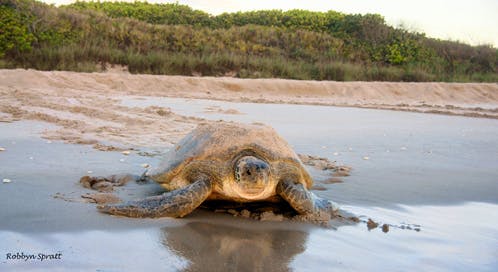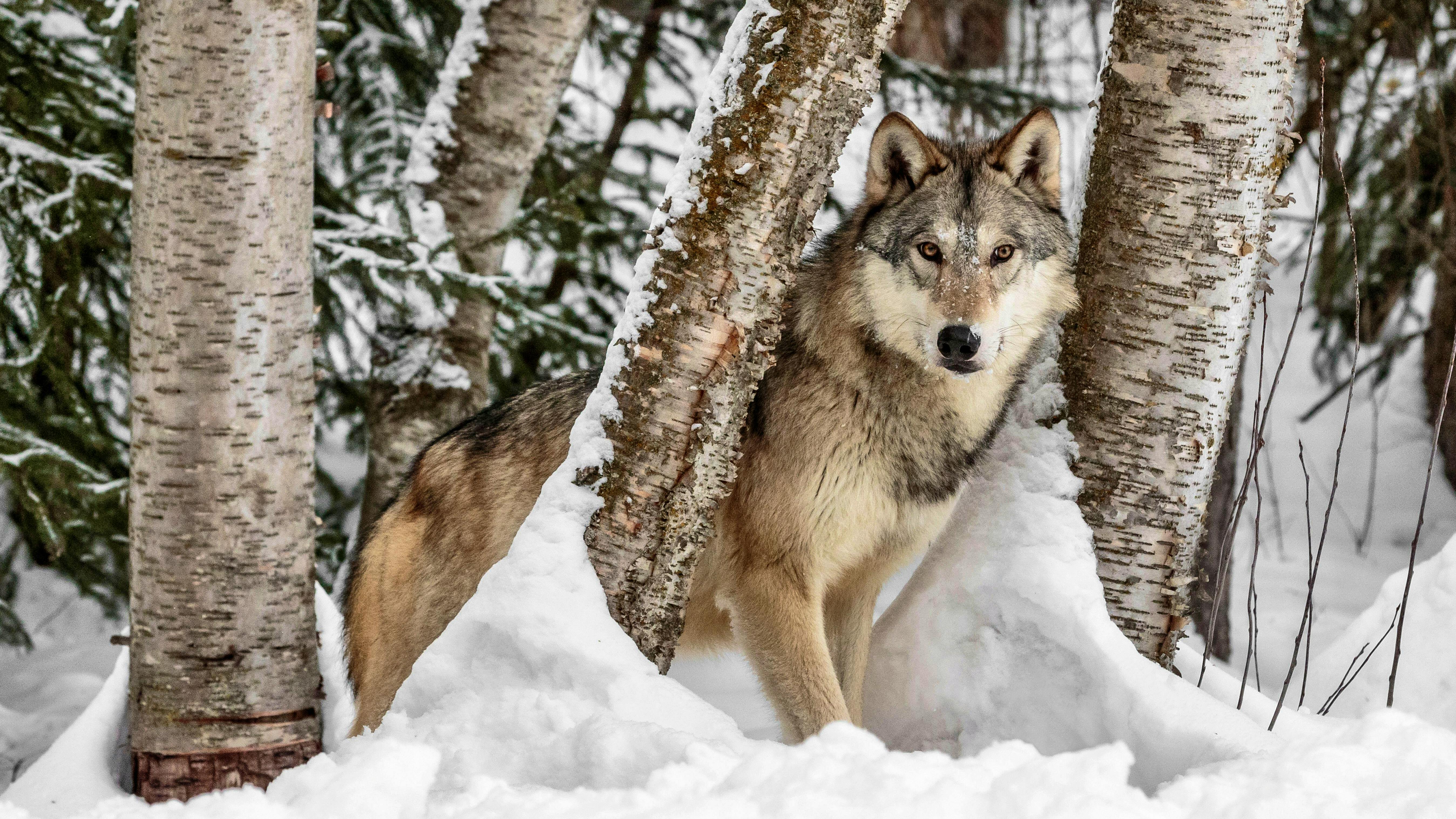Your weekly roundup of wildlife news from across the country
This Week in Wildlife Crime
Authorities in Peru recently made a record-breaking bust: 8 million seahorses, taken illegally from the ocean, dried, and packed on a ship headed toward Asia. There are 40 species of seahorses in our oceans, and all of them are protected from unregulated trade by CITES. Though clearly there’s still work to be done to continue the fight against wildlife trafficking, it’s good news that this smuggler at least is off the market.
Wildlife crime isn’t just an international problem – we have it here in the U.S. as well. Florida officials arrested a man this week charged with stealing more than loggerhead 100 sea turtle eggs from a nest on the beach. A nesting loggerhead may lay more than 100 eggs, but only one in 1,000-10,000 loggerhead hatchlings will grow to lay eggs of their own. With odds like that, it’s vital that this endangered species is able to nest, hatch and grow in peace.
Learn more about the role that the U.S. plays in wildlife crime, and what you can do to help >
And the Hits Just Keep on Coming….
Yet another round of deadly anti-wildlife measures is making its way through the House of Representatives. Before Congress goes on recess later this month, they may vote on the Interior Appropriations bill – a “must-pass” piece of legislation that often makes a tempting target for special interests and extremists to attach amendments. This year is no exception, with amendments proposed to take certain wolf populations off the endangered species list, and even one that would leave wolves, bears and other iconic predators living in national wildlife refuges located in Alaska vulnerable to intensive hunting through methods including baiting, snaring and killing mothers with young.
Contact your representative today and speak out against this bill! >
Save the Dinosaur Fish!
It has been on this planet since the time of the dinosaurs. But now the pallid sturgeon has to survive a bigger threat: humans. A century of dam building has led to habitat changes that may mean the end for this amazing fish. It is estimated that only 125 wild-born pallid sturgeon remain in the Upper Missouri and Yellowstone rivers. The U.S. Army Corps of Engineers and the Bureau of Reclamation propose to replace a small rock irrigation dam on the Yellowstone River with an even larger concrete dam and artificial fish bypass that they claim will allow the pallid sturgeon to make it upstream. But Montana fish biologists say it won’t work.
Oregon Takes a Stand against Wildlife Trafficking
After months of working to gather support, Save Endangered Animals Oregon presented boxes of signed petitions to the Oregon Secretary of State this week. The coalition of wildlife groups – including Defenders – gathered signatures from 150,000 Oregon voters to support a new ballot measure that would ban the sale of any parts or products made from a number of species put in jeopardy by wildlife trade. Several other states have enacted similar bans, and it’s great to see Oregon stepping up to the challenge to confront the role that the U.S. plays in international wildlife trafficking.
Read more about the ballot measure >
I Found a Baby [Insert Animal Here]. What Do I Do?
Every spring and summer, people spot baby animals that look abandoned, and they wonder what to do. But sometimes good intentions can have serious consequences for our wildlife.
Learn what to do — and what NOT to do — when you encounter young animals in the wild >






Follow Defenders of Wildlife
facebook twitter instagram youtube tiktok threads